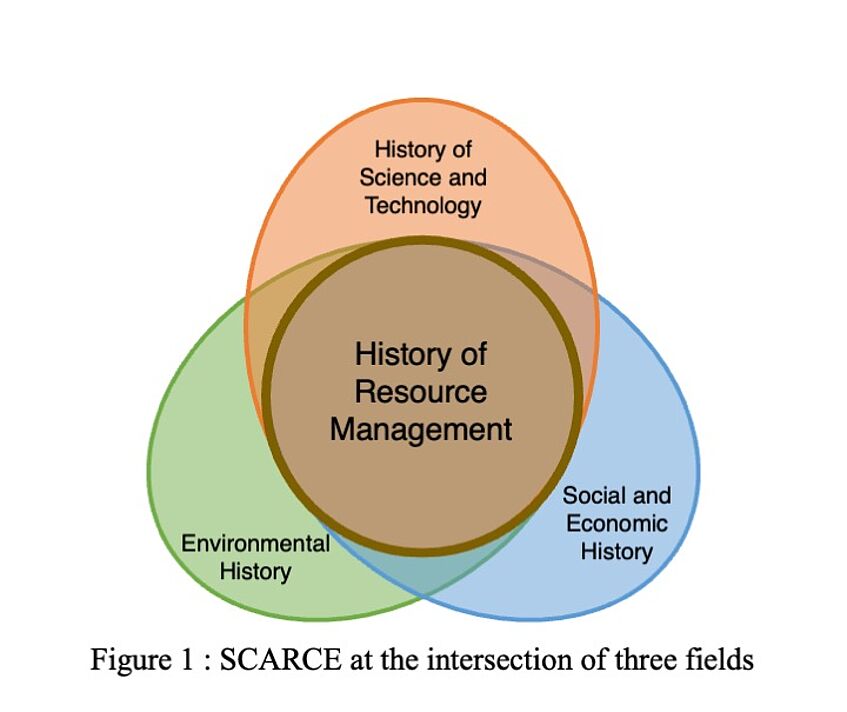Aim
Early modern mining was often a drama in three acts: I. Ores are Discovered, II. Communities Flourish, III. The Mines Collapse. Across Central Europe, the third act was suspended as expert administrators, working for emerging territorial states, found ways of postponing the collapse of mines. They managed to maintain them over centuries – despite low profits, a chronic lack of investment, and wavering political support.
Understanding why and how early modern experts prolonged the lifespan of mines has great potential to push forward debates in economic history, environmental history, and the history of science and technology. The rough outline of this story is known through specialist work in mining history, but new questions and detailed interdisciplinary research are needed to understand its broader implications. With fresh archival material, SCARCE will make interventions that are relevant far beyond the area and period of investigation. The principal aim is to develop the history of resource management as an innovative field at the intersection of history of science and technology, social and economic history, and environmental history. Central European metal mining serves as a high-stakes case to prove the viability of such an history. Specifically, we will
- show how an industry managed by state officials shaped two important building blocks of modern economies: the rationalisation of labour, and the accumulation of capital. State-run mines and refineries were laboratories for both; a fact which has been overlooked in existing accounts of capitalist development.
- transform our understanding of innovation in proto-industrial settings. State-run mines and refineries established new ways of knowing nature through geology, chemistry, and engineering. SCARCE will show how administrative procedures (accounting, reporting) shaped scientists/technicians’ understanding of natural processes.
- develop a new genealogy for modern sustainability. By shifting the focus from managing forests and fields to the contradictions of extracting non-renewable resources, SCARCE shows that modern technologies and arguments for resource management emerged in a polyphonic early modern debate about the costs and benefits of mining.
To achieve these aims, four researchers (1 PI, 1 Postdoc, 2 PhD) will analyse thousands of archival documents from across Central Europe. The resulting histories of resource management will give us tools to better understand long-term consequences of policy decisions. SCARCE will sharpen our sense of when risks are tamed, and when they are externalised; when harm is prevented, and when it is merely moved out of sight.

